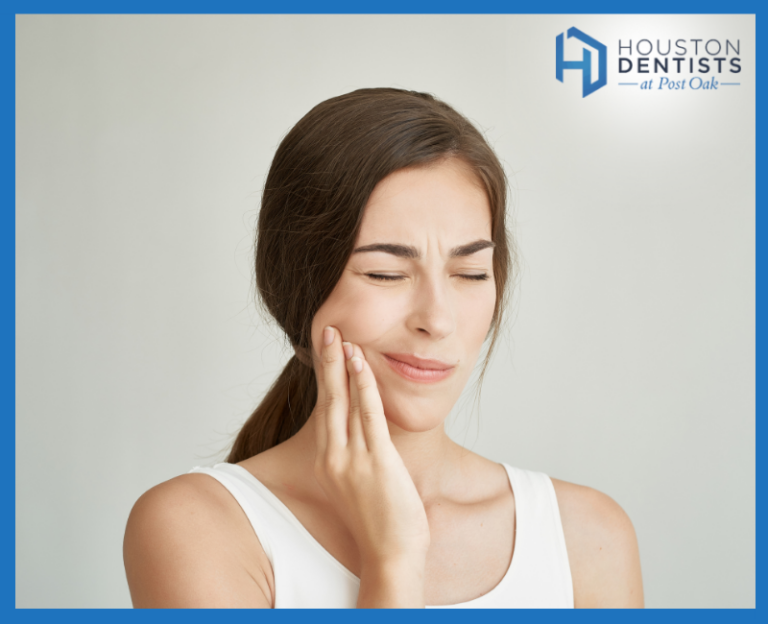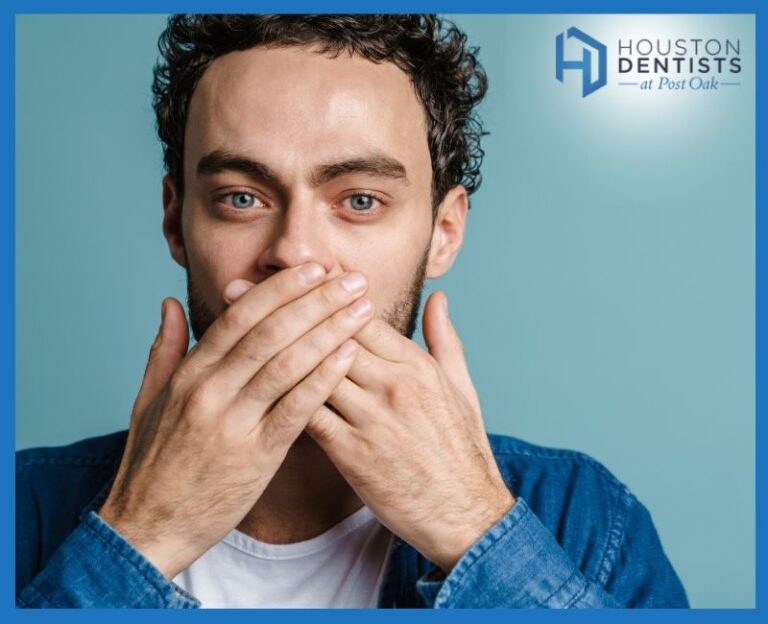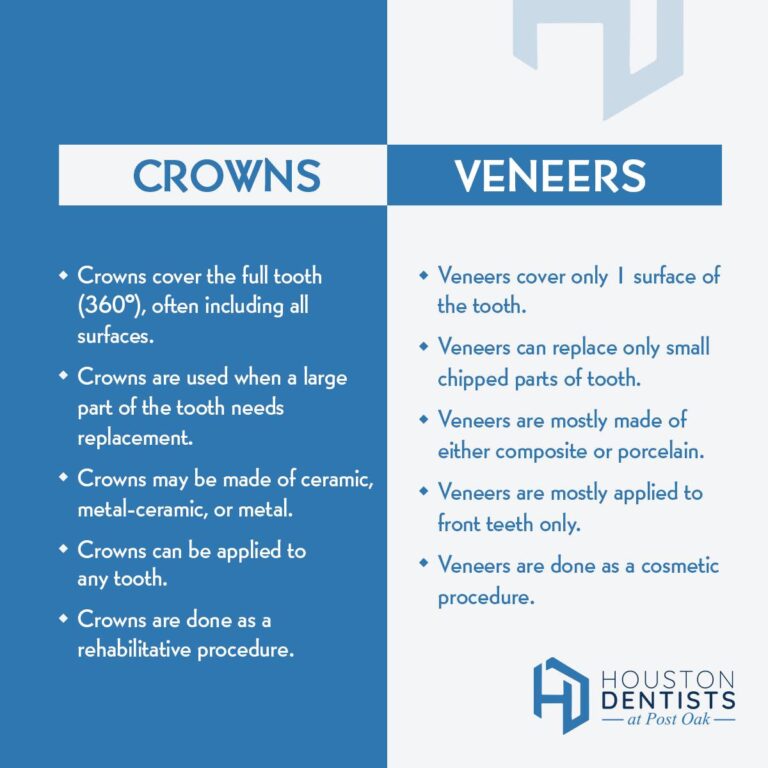Dealing with a problematic tooth that requires removal can bring about some understandable questions. What exactly happens during the procedure? What can you expect from start to finish?…
The signs and symptoms of TMJ disorders vary by patient.
Many of the signs and symptoms of TMJ disorders can be difficult to connect to problems in the jaw joints.
Find out if the symptoms you have observed indicate a TMJ disorder by scheduling a TMJ examination at Houston Dentists at Post Oak.








